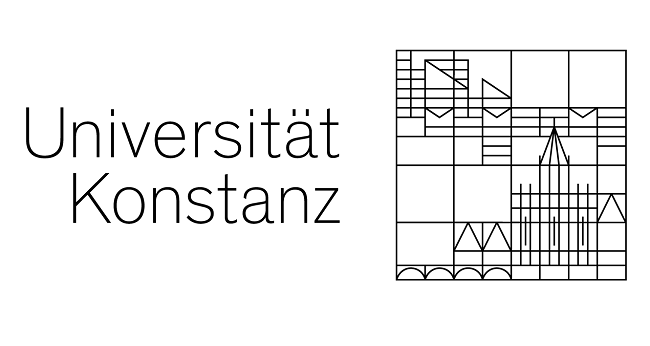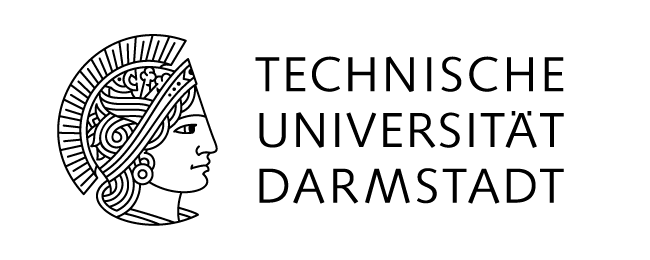The Digital Humanities Cooperation is a research initiative of the TU Darmstadt and the University of Konstanz that has been founded as a hub for digital analyses with emphasis on methodology.
Our teaching and research philosophy reckons that the extensive use of quantitative and empirical methods within the Humanities also has an impact on the hermeneutical reading we are familiar with. The digital turn might turn out to be a game changer in our general understanding of theory and methods in literary und cultural studies. The tools and developments for digital and statistical analysis of texts, visuals, objects and artefacts have reached a standard which itself demands to be analyzed with some methodological scrutiny. If we keep up our critical mind there is no doubt that the several machines and programmes at hand now open up an era of new insights especially when it comes to the gigantic amounts of materials in european and global studies. Some inquiries for instance in northamerican literary history have already gained some evidence of how the historical narratives produced by canonical readings need to be corrected. Whereas data mining in some areas helps to validate our knowledge in most of the cases we just don’t know what to conclude from the new masses of data. The many features of data visualization can be missleading if we don’t ask which numbers and algorithms are responsible for the fancy picture and whether it characterizes our material at all. On the other hand the operationalizing of our questions which is necessary to conduct any quantitative exploration could help to make studies in the Humanities more comprehensible for the research of others.
The results of real big data research are still relatively rare within the Humanities. The work with small and medium-sized corpora deserves more attention not only from beginners. Our research initiative is interested in possible theories of operationalization in the Digital Humanities especially when they force us to rethink traditional concepts in such busy fields as stylometry. We also want to learn what kind of theory can’t be operationalized at all. Grappling with the grounding problem of how to combine statistics and hermeneutics succesfully we also pay attention to approaches from cognitive psychology. There are attempts to reevent hermeneutics from a cognitive science point of view, no one of them could be proven to work so far. We use cognitive psychology for instance to understand where and why it is such a challenge for our brain to deal with statistical knowledge. Methods from this discipline also enable us not only to apply theories of the reception of art but also to test them.



